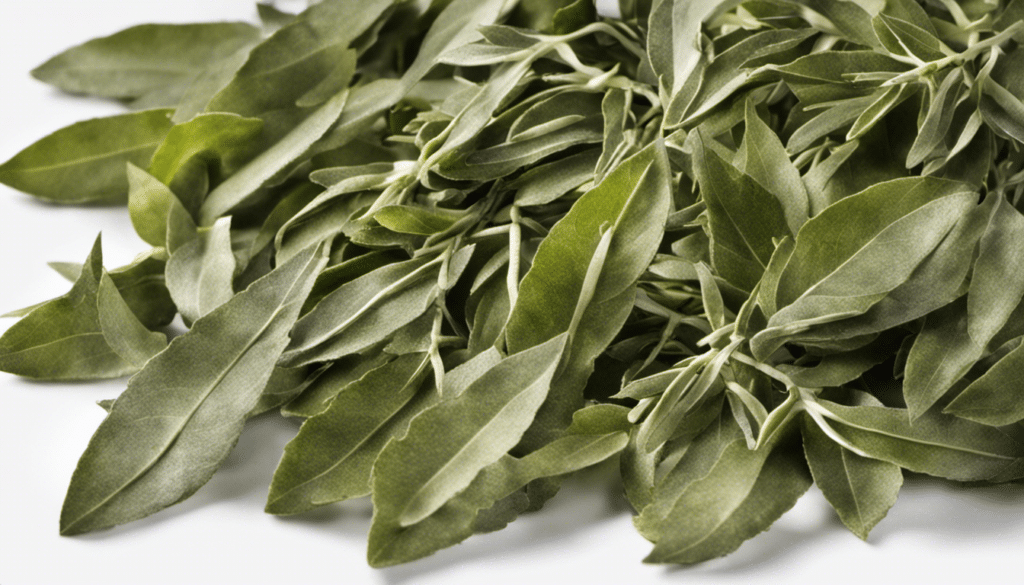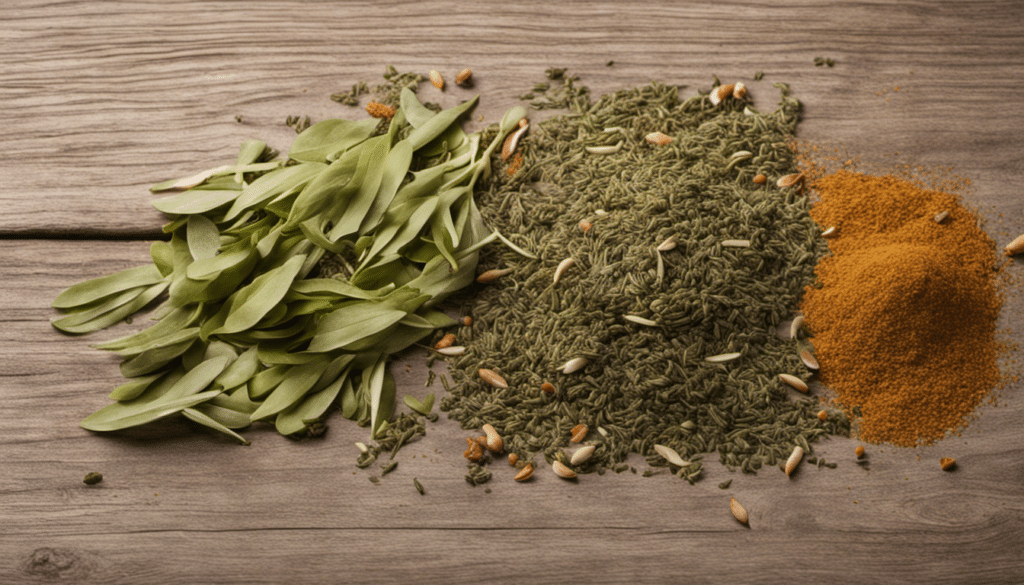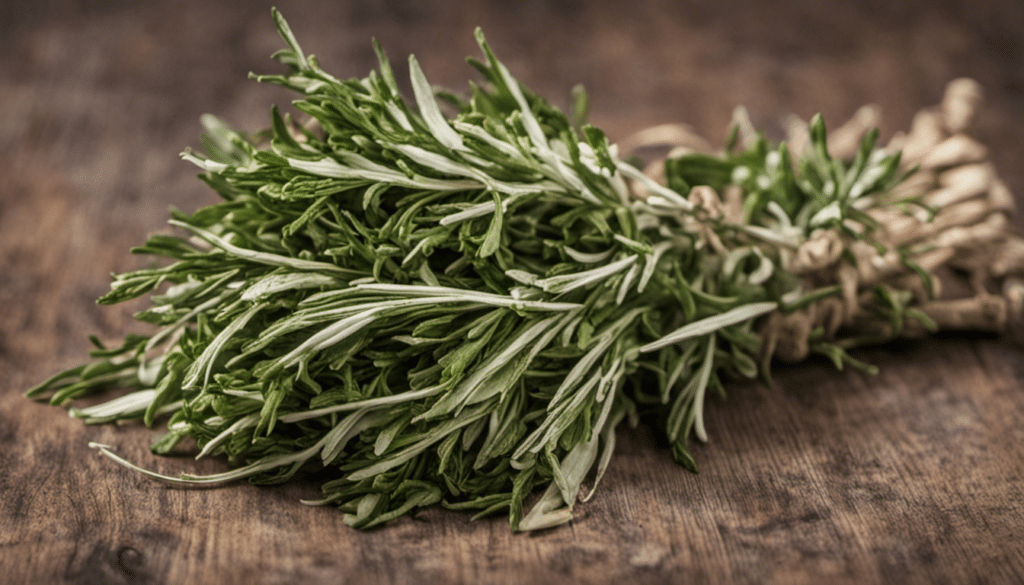Everything You Need to Know About Cicely
Rightly dubbed as the unsung hero of the herb garden, Cicely is a culinary delight that subtly transforms your cooking into an aromatic experience. Originating from the lands of Europe and Western Asia, Cicely, alternatively known as ‘Sweet Cicely’, ‘Myrrh’, and ‘Garden Myrrh’, provides a sweet hint along with distinct aniseed undertones, and is a compelling addition to a vast array of dishes.
The Origins of Cicely
Fondly embraced in European cooking, Cicely seeds have a rich history that goes back to ancient times. It was named ‘Sweet Cicely’ due to its aroma and sweet flavor, distinguishing it from other herbs. The plant thrives in cool and moist climates, finding its ideal home in soils that boast good drainage.
The Latin name of Cicely, ‘Myrrhis odorata’, draws its roots from the Greek word ‘myrrha’, reminiscent of the aromatic myrrh that was traded in ancient times. A testament to the herb’s distinct aroma, Cicely was often used by ancient civilizations for its medicinal properties.
The Health Benefits of Cicely
Cicely is no stranger to the world of alternative medicine, offering a wealth of health benefits. The plant is a rich source of essential vitamins such as Vitamin A and Vitamin C. Vitamin A is crucial for maintaining healthy vision while Vitamin C is beneficial for boosting immunity and promoting healthy skin. Its seeds are also a treasure box of necessary minerals such as calcium, manganese, and potassium which contribute to the maintenance of good health.
Moreover, the herb is believed to hold certain therapeutic properties, making it a potent digestive aide. Traditionally, it was used to treat gastrointestinal conditions like heartburn. Cicely is also believed to aid in maintaining healthy blood pressure levels, making it a wonderful addition to a heart-healthy diet. Though more research is needed, the possible health benefits of this underrated herb are indeed promising.
Cicely in Your Cuisine
Its subtly sweet, aniseed flavor makes Cicely a versatile herb in the kitchen. From salads to soups to fish dishes, its inclusion introduces a refreshing undertone to a myriad of culinary creations. Cicely leaves are a popular choice for herb butter; they can also be used to sweeten tart fruits without the need for additional sugar, an alluring option for health-conscious foodies.
Whether you’re a seasoned chef or a gastronomy enthusiast looking to experiment with flavors, Cicely is a unique, under-the-radar herb that can amplify any dish with its delicate magic.
Cicely Recipe Ideas
- Spring Greens Salad with Cicely and Lemon Vinaigrette
- Cicely Infused Scrambled Eggs
- Smoked Salmon Pasta with Cicely and Cream Sauce
- Fennel and Cicely Soup
- Classic Chicken and Vegetable Stew with Cicely
- Red Potato Salad with Green Beans and Cicely
- Goat Cheese and Cicely Stuffed Chicken Breast
- Roasted Root Vegetables with Sweet Cicely
- Spring Pea and Cicely Dip
- Cicely and Honey Glazed Carrots




